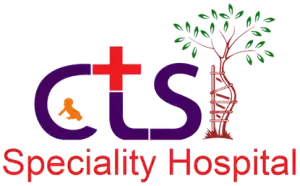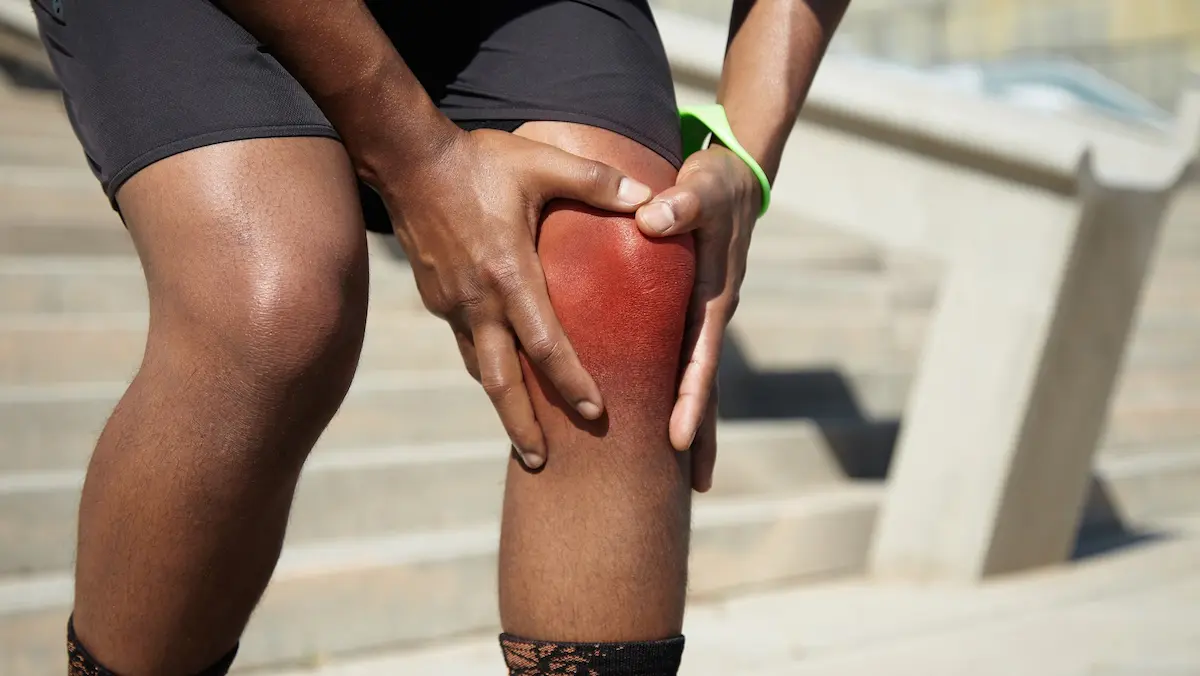Conclusion
Choosing the best knee replacement surgery in Chennai can be a life-changing decision for those living with chronic pain, stiffness, or limited mobility. With advanced surgical techniques, expert orthopedic teams, and personalized recovery programs, patients experience not just improved movement but a renewed sense of freedom and confidence. Whether you’re dealing with arthritis, injury, or joint degeneration, the right treatment can restore your independence and quality of life. Take the first step toward a pain-free future and trust Chennai’s leading specialists to guide your recovery journey.
👉 Book your knee consultation today
📞 Call CTS Hospital at 044-46330000 or
💬 Chat on WhatsApp for expert guidance at +91 94980 33340
Also, Read Best Knee Replacement Surgeon In India.

